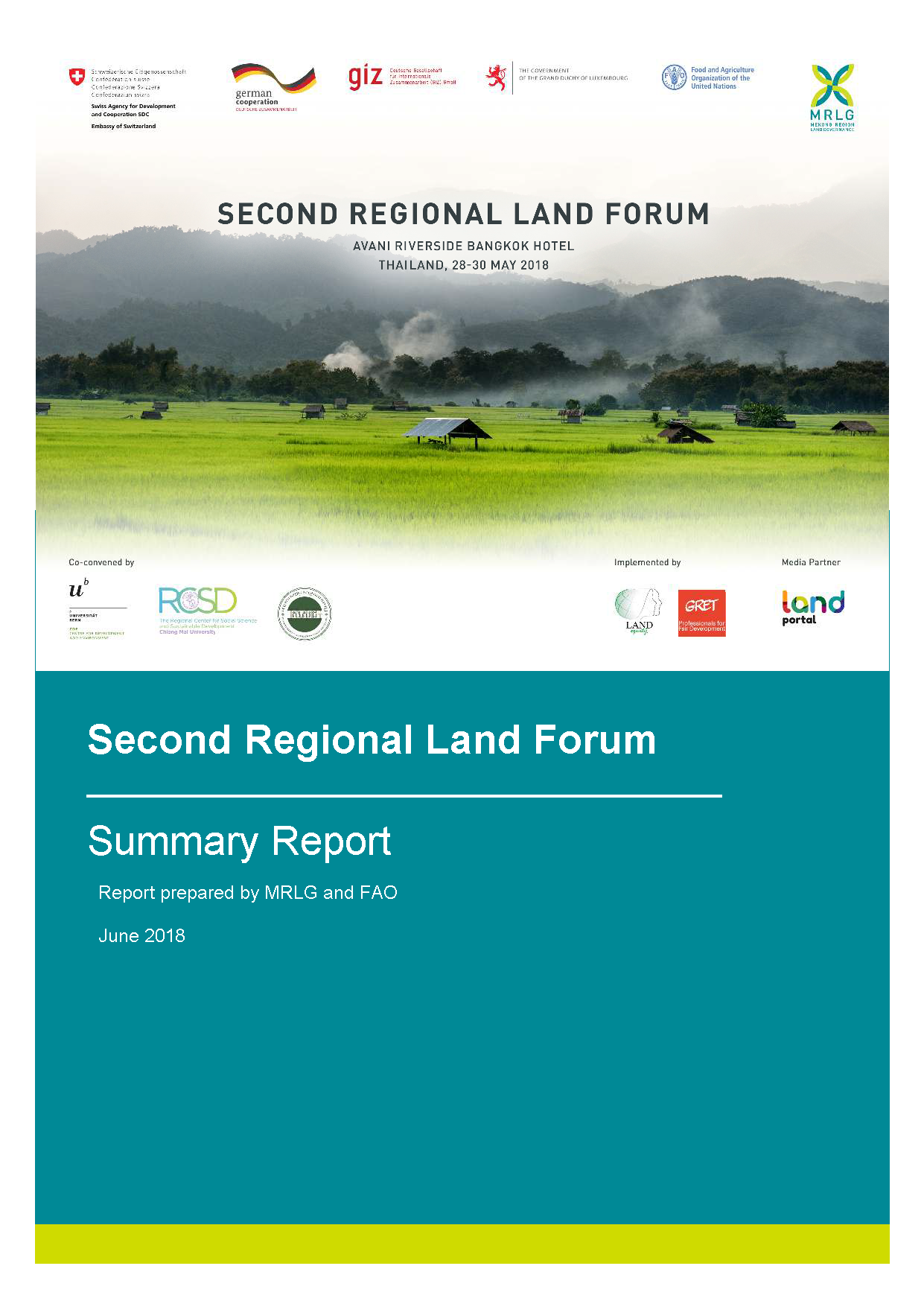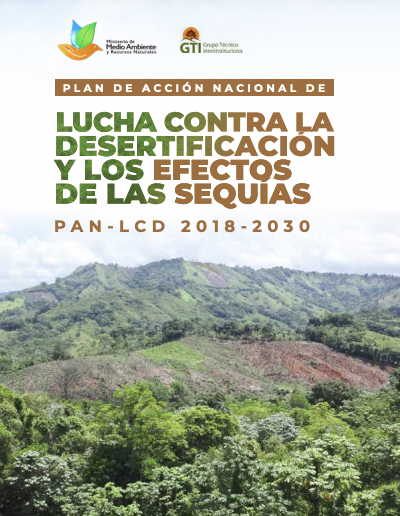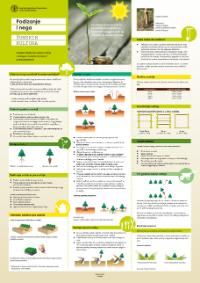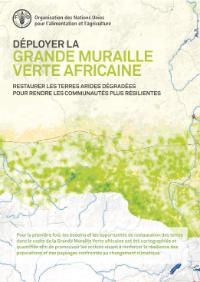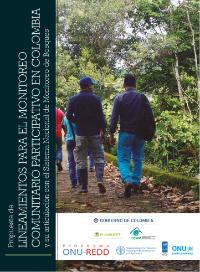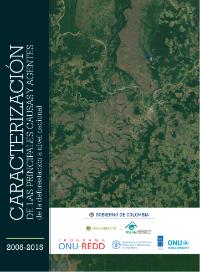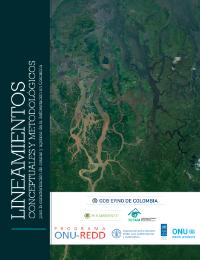Livestock-derived greenhouse gas emissions in a diversified grazing system in the endangered Pampa biome, Southern Brazil
Discussions about climate change have repeatedly regarded livestock as responsible for a significant contribution of greenhouse gas emissions. However, proper management schemes for livestock production may contribute to a reduction in emissions and, at the same time, induce optimization of production systems and intensification of food production.


